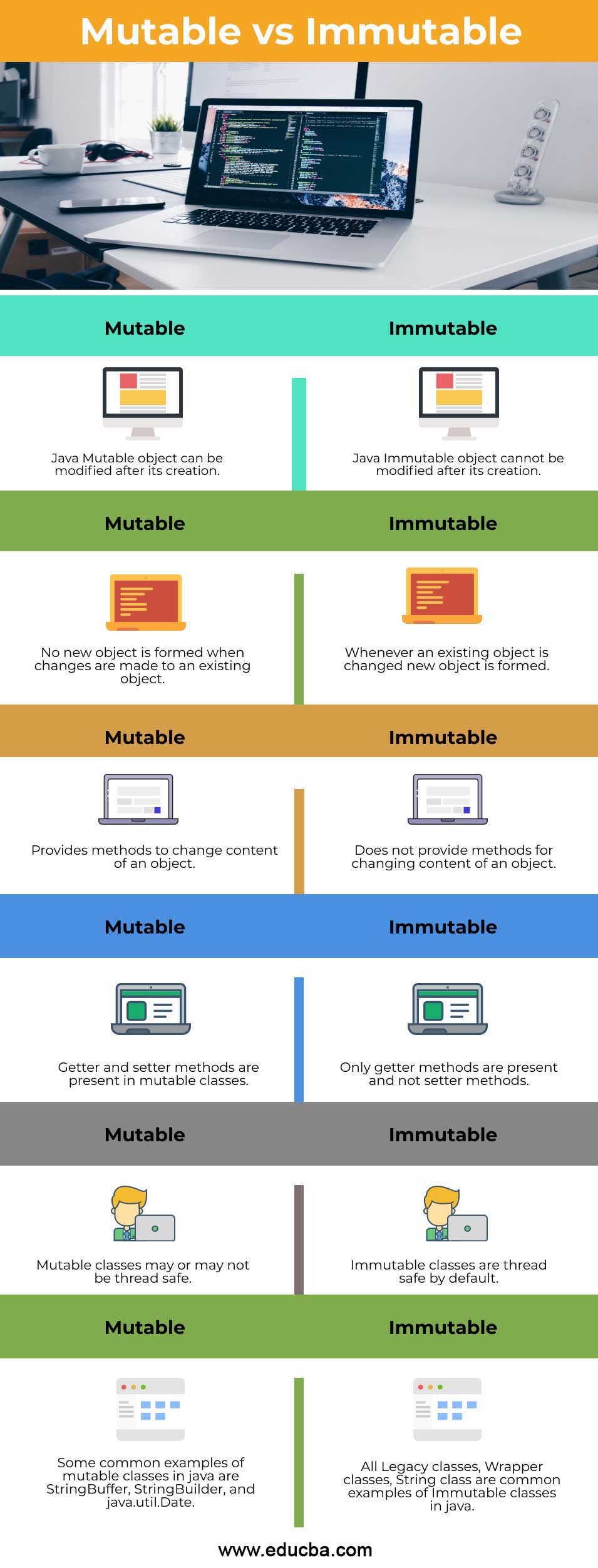Why Are Strings Immutable in Java? Understanding the Core Concepts
Why Are Strings Immutable in Java? Understanding the Core Concepts
Blog Article
What Is Unalterable Strings and How It Works
In the world of programming, comprehending the concept of unalterable strings is extremely important for creating robust and safe and secure applications. Unalterable strings refer to strings that can not be altered after they are developed, making sure information honesty and predictability within the code.
The Essentials of Unalterable Strings
Immutable strings, as a fundamental concept in programs, are personality sequences that can not be changed as soon as they are created. This means that once a string is assigned a worth, that value can not be changed. In languages like Python and Java, strings are unalterable objects, leading to numerous effects in regards to memory monitoring and information stability.
Among the crucial advantages of unalterable strings is that they supply a complacency in information adjustment. Considering that the web content of an unalterable string can not be customized, it makes certain that the original information continues to be intact, decreasing the risk of unintended modifications during program execution (Why are strings immutable in Java?). This residential property also simplifies debugging processes, as developers can trust that when a string is defined, its worth will certainly not be accidentally changed
Moreover, immutable strings promote reliable memory usage. When a brand-new string is produced based on an existing one, instead of modifying the original string, the new worth is stored individually. This method boosts efficiency by lowering memory fragmentation and simplifying memory appropriation procedures. Overall, comprehending the fundamentals of unalterable strings is important for mastering programs ideas and optimizing code performance.
Advantages of Unalterable Strings
Building upon the protection and performance advantages of unalterable strings, their advantages reach enhancing code dependability and simplifying concurrent programs tasks. By being immutable, strings can not be modified after production, which removes the risk of unintentional changes in the data they store. This inherent immutability makes sure that when a string is created, its value continues to be continuous throughout the program's implementation, minimizing the possibilities of bugs brought on by unanticipated changes.
Additionally, immutable strings add to code reliability by making it simpler to reason about the state of a program. Given that strings can not be changed, programmers can rely on that a string will certainly constantly hold the very same value, simplifying debugging and maintenance efforts. This predictability causes a lot more reliable and stable codebases.
Implementation in Programming Languages
Within different programming languages, the incorporation of unalterable strings is a fundamental original site element that impacts how data is managed and adjusted within code structures. The execution of unalterable strings differs throughout various programming languages, with each language offering its very own systems to support this principle.

On the other hand, languages like C and C++ do not have integrated assistance for immutable strings. Programmers in these languages need to by hand apply immutability by enforcing policies within their code to avoid direct alterations to string objects.
Ideal Practices for Dealing With Immutable Strings
When handling unalterable strings in shows languages like Java and Python, sticking to ideal techniques makes certain secure and effective information adjustment. Among the essential ideal techniques is to use StringBuilder or StringBuffer rather than directly adjusting strings, specifically when taking care of comprehensive concatenation procedures. These classes provide mutable alternatives for string adjustment, aiding to stay clear of unneeded memory appropriations and boosting efficiency.
In addition, when working with delicate information such as passwords or API secrets, it is essential to avoid storing them as simple text in unalterable strings. Utilizing safe and secure storage mechanisms like char arrays or specialized collections for dealing with delicate information helps reduce protection dangers connected with immutable strings.
Real-world Applications and Examples
Checking out sensible implementations of immutable strings in numerous sectors reveals their significant influence on information stability and system integrity. In the health care field, immutable strings play a vital function in making my latest blog post sure the safety and privacy of person information. By protecting against unapproved modifications to delicate info such as medical records and prescriptions, unalterable strings aid maintain compliance with strict privacy policies like HIPAA.
Banks likewise take advantage of the unalterable nature of strings to improve the safety of customer data and deal records. Immutable strings aid stop scams and unapproved changes to financial details, offering a robust protection versus cyber hazards and making sure the trust fund and confidence of clients.

Verdict
Finest techniques for working with unalterable strings consist of preventing straight alterations and utilizing methods that return new string objects. Real-world applications of immutable strings consist of data encryption, go to this web-site caching, and string adjustment tasks.
Unalterable strings refer to strings that can not be altered after they are developed, making sure information integrity and predictability within the code. When a new string is developed based on an existing one, instead than changing the original string, the brand-new worth is kept separately.In languages like Java and Python, strings are immutable by default, suggesting that as soon as a string item is developed, its value can not be changed - Why are strings immutable in Java?. Best techniques for working with unalterable strings include avoiding direct adjustments and making use of methods that return new string items. Real-world applications of immutable strings include data encryption, caching, and string manipulation jobs
Report this page